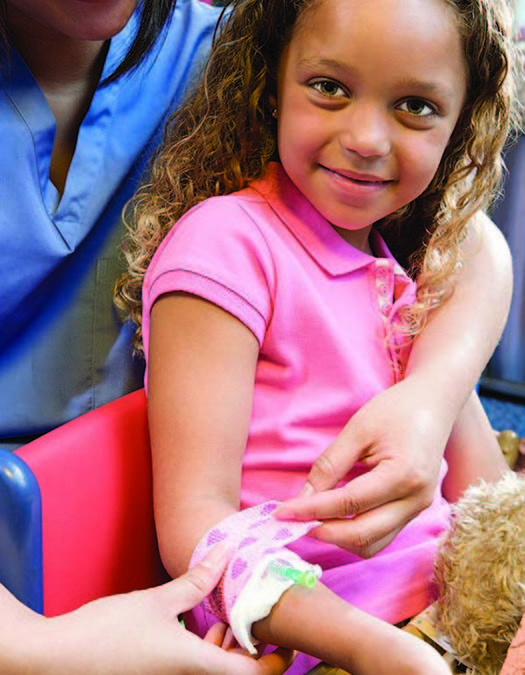School nursing today is nothing like it was a generation ago, and today’s National School Nurse Day is a time to recognize all the contributions school nurses make to their communities. Some things are a school nurse’s constant—there are always scrapes to be cared for, nervous tummies to settle, and accidents that can happen on the playground or in the hallways. But no one would argue that the landscape of a school’s environment has evolved to mirror the growing unrest in the larger society.
With so much going on, it’s no wonder that school nurses can never expect to have a typical day.
As a school nurse, you offer physical and emotional care, education, stability, and guidance to the kids you serve and to their families as well. School nurses today see children of all ages who cope with greater anxiety and depression. Greater numbers of children are exposed to trauma than they were 30 or 40 years ago. They are coping with social media and all the struggles to understand the open and unspoken social rules that surround the technology that is available at their fingertips. And the increasing episodes of school violence, from terrifying school shootings to dating violence to tensions between students within a school, are becoming more prevalent than ever before.
How can a school nurse be prepared?
Honor your knowledge
As a school nurse, you know your student population. You know what they are dealing with and what the predominant struggles are within your school and district. Keep in close contact with the other nurses in your school and your district if possible. That open communication can help you keep current with issues that may begin to bubble up in your own school.
Stay connected
As much as you can, stay in touch with town leaders, especially the emergency responders and police. Monitor social media to learn what is trending among the age population you serve. Vaping is a big problem among even younger students right now. Try to learn about what kids are doing.
Continue your education
Attend seminars, watch online tutorials, gain certification through the National Board for Certification of School Nurses and any other areas that may help you care for students. If you are seeing high rates of anxiety and stress, learn about how kids can cope and even how technology can help them. Are you seeing more diabetes or cancer in your school population. Learn how to best help and educate them and even what barriers they may have to remaining healthy. Check resources through the National Association of School Nurses to continue learning.
Care for yourself
School nursing is challenging, rewarding, and extremely tough. The needs of the students and the hard times they may be faced with can sometimes overwhelm even the strongest nurse. You have to help without being pulled under, so take the time to find a way to relieve your own stress. Find a hobby that captures your attention enough that you can really focus. Incorporate purposefully stress reducing activities into your life—yoga, exercise, meditation, dance, cooking, spiritual gatherings, gardening, roller derby—whatever activity helps you get away from your thoughts for a bit.
- Why Finding a Nursing Community Is Important - May 10, 2024
- A Camp Nurse Volunteer Shares the Joy - April 30, 2024
- Is the FNP Program Right for You? - April 24, 2024



